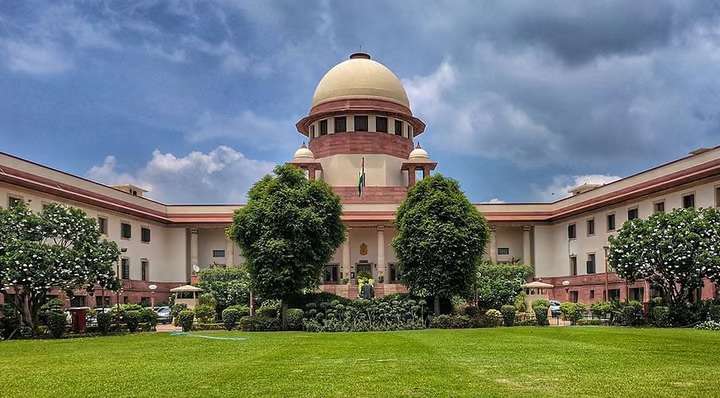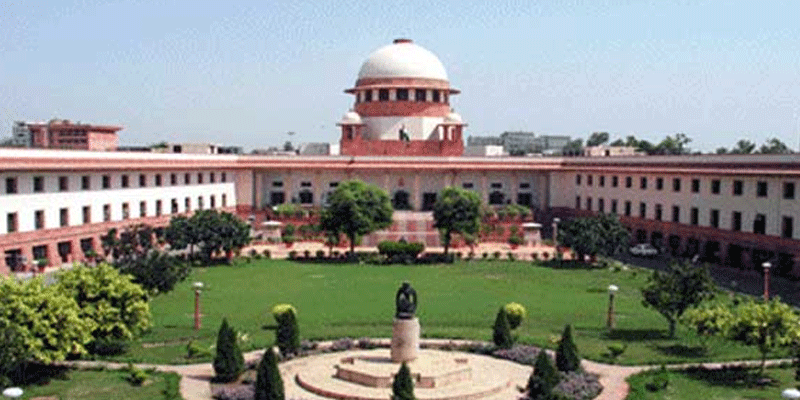
The Supreme Court is poised to deliver a crucial verdict on December 11, addressing pleas challenging the abrogation of Article 370 of the Constitution, which conferred special privileges upon Jammu and Kashmir. Chief Justice of India D.Y. Chandrachud, leading a constitution bench, had reserved judgment on September 5, considering a range of petitions contesting the central government’s move that resulted in the abrogation of Article 370 and the bifurcation of the state into two union territories.
Judicial Bench and Reserved Judgment
The five-judge bench, consisting of Chief Justice D.Y. Chandrachud, justices Sanjay Kishan Kaul, Sanjiv Khanna, Bhushan R Gavai, and Surya Kant, deliberated on the petitions. Their decision will shape the legal landscape concerning the constitutional validity of Article 370’s abrogation.
Arguments and Counterarguments
Petitioners argued that Article 370 attained permanence after the dissolution of the Jammu and Kashmir Constituent Assembly in 1957, following the formulation of the State Constitution. Senior advocate Kapil Sibal, representing one petitioner, stressed that Article 368, addressing Parliament’s power to amend the Constitution, did not extend to Article 370, raising crucial questions about the constitutionality of the abrogation process.
In response, the government, represented by Attorney-General R. Venkataramani, Solicitor-General Tushar Mehta, and advocate Kanu Agrawal, asserted that the provision was always intended to be temporary. They argued that the abrogation marked a crucial step toward the complete integration of Jammu and Kashmir with the Union of India.
Positive Outcomes and Future Path
Respondents highlighted positive outcomes post the repeal of Article 370 in August 2019. They pointed out that elections were imminent, signaling a path towards the restoration of full statehood once normalcy was reestablished.
Historical Context and Controversial Move
The abrogation of Article 370 in August 2019 was a historic yet controversial move by the Indian government. This constitutional provision had granted special autonomous status to Jammu and Kashmir, allowing the region its own constitution, flag, and substantial autonomy over internal matters, excluding defense, communications, and foreign affairs.
Bold Government Action
On August 5, 2019, Prime Minister Narendra Modi and Union home minister Amit Shah led the central government in revoking the special status granted to Jammu and Kashmir under Article 370. Simultaneously, the state was bifurcated into two union territories – Jammu & Kashmir and Ladakh. Jammu & Kashmir retained a legislative assembly, while Ladakh became a union territory without a legislature.
Implementation and Legal Challenges
The abrogation was executed through a Presidential Order and subsequently ratified by both houses of the Parliament of India. The decision was accompanied by a substantial deployment of security forces in the region and a communication lockdown, including restrictions on internet and phone services, to forestall potential unrest.
Legal Challenges and Divergent Views
The abrogation of Article 370 prompted a cascade of legal challenges, with petitions filed in the Supreme Court questioning the constitutional validity of the government’s actions.
Supporters argued that it would facilitate greater integration of Jammu and Kashmir into the Indian Union, spur economic development, and ensure equal rights for all citizens. Critics, however, contended that it violated the spirit of federalism and undermined the special status granted to the region under Article 370.



